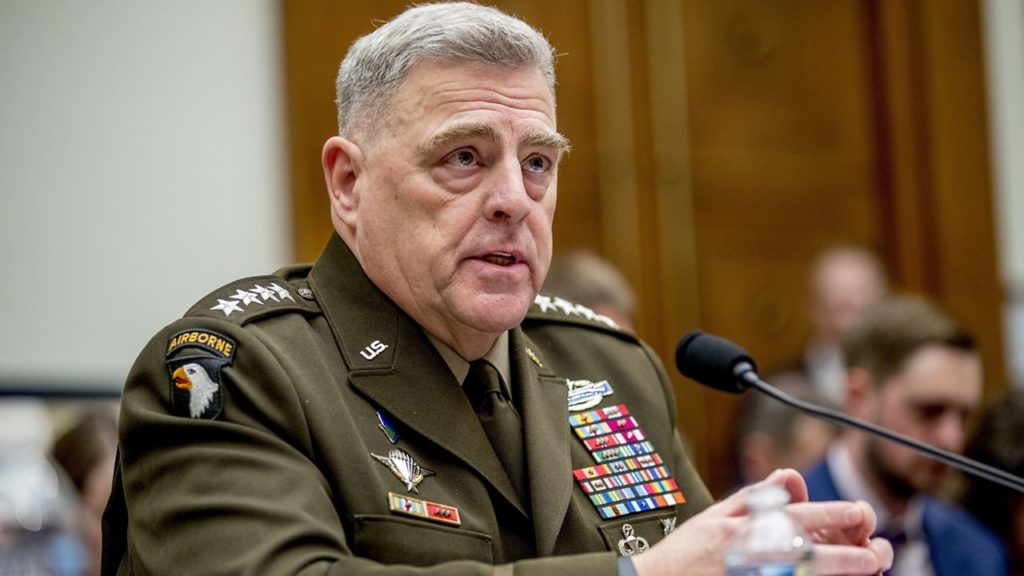A three judge panel of the 9th circuit court of appeals has issued an emergency stay in an Arizona election law case. I noted a separate case out of Arizona in today’s View.
The law in question required early voters to return their ballots along with a signed ballot affidavit to polling officials by 7:00 PM on Election Day. Any ballot deemed to have an insufficient affidavit (including one that is missing a signature) is to be disallowed by polling officials. If an early voter returns a ballot with an unsigned affidavit, the law affords the early voter an opportunity to cure the problem, but only until the general Election Day deadline.
US District of Arizona Judge Douglas Rayes, an Obama appointee, enjoined Arizona election officials from enforcing the election day deadline for “curing” a defective early-voter ballot and affidavit, and ordered the State of Arizona:
“to create and to institute a new procedure that would grant voters who failed to sign their ballots up to five days after voting has ended to correct the error.”
The 9th circuit order reads in part:
Under the familiar “Anderson-Burdick” framework for evaluating ballot-access laws, a nondiscriminatory, minimally burdensome voting requirement will be upheld so long as it reasonably advances important regulatory interests…. The State has made a strong showing that its ballot-signature deadline does so. All ballots must have some deadline, and it is reasonable that Arizona has chosen to make that deadline Election Day itself so as to promote its unquestioned interest in administering an orderly election and to facilitate its already burdensome job of collecting, verifying, and counting all of the votes in timely fashion…. [T]here can be no doubt… that allowing a five-day grace period beyond Election Day to supply missing signatures would indeed increase the administrative burdens on the State to some extent. . .
And, as we rapidly approach the election, the public interest is well served by preserving Arizona’s existing election laws, rather than by sending the State scrambling to implement and to administer a new procedure for curing unsigned ballots at the eleventh hour. Indeed, the Supreme Court “has repeatedly emphasized that lower federal courts should ordinarily not alter the election rules on the eve of an election.”
The last paragraph is a shot across the bows of any district judge thinking of taking it on themselves to change election laws this close to the election. Judges O’Scaillan, Rawlinson, and Christen were appointed by Presidents Reagan, Clinton, and Obama, respectively.
